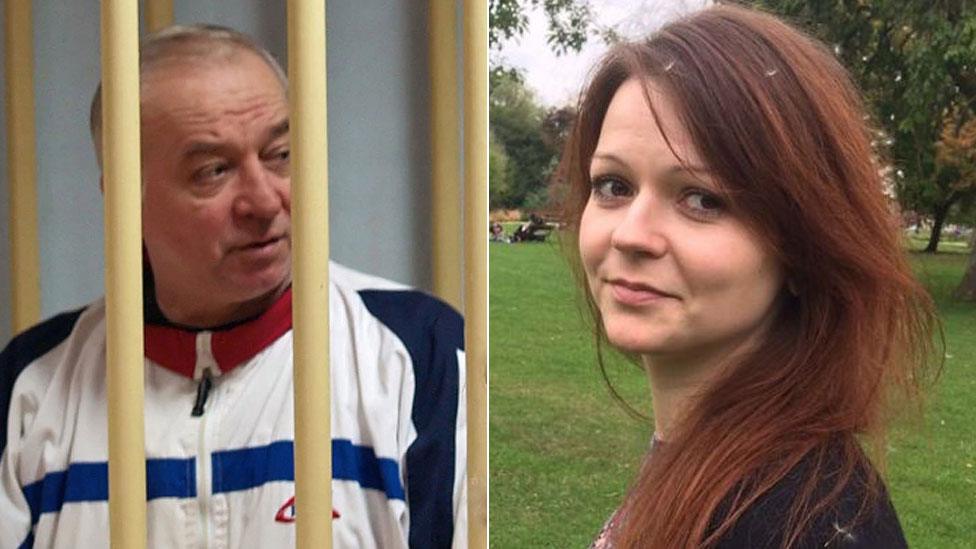Novichok victim found 'convulsing' by partner
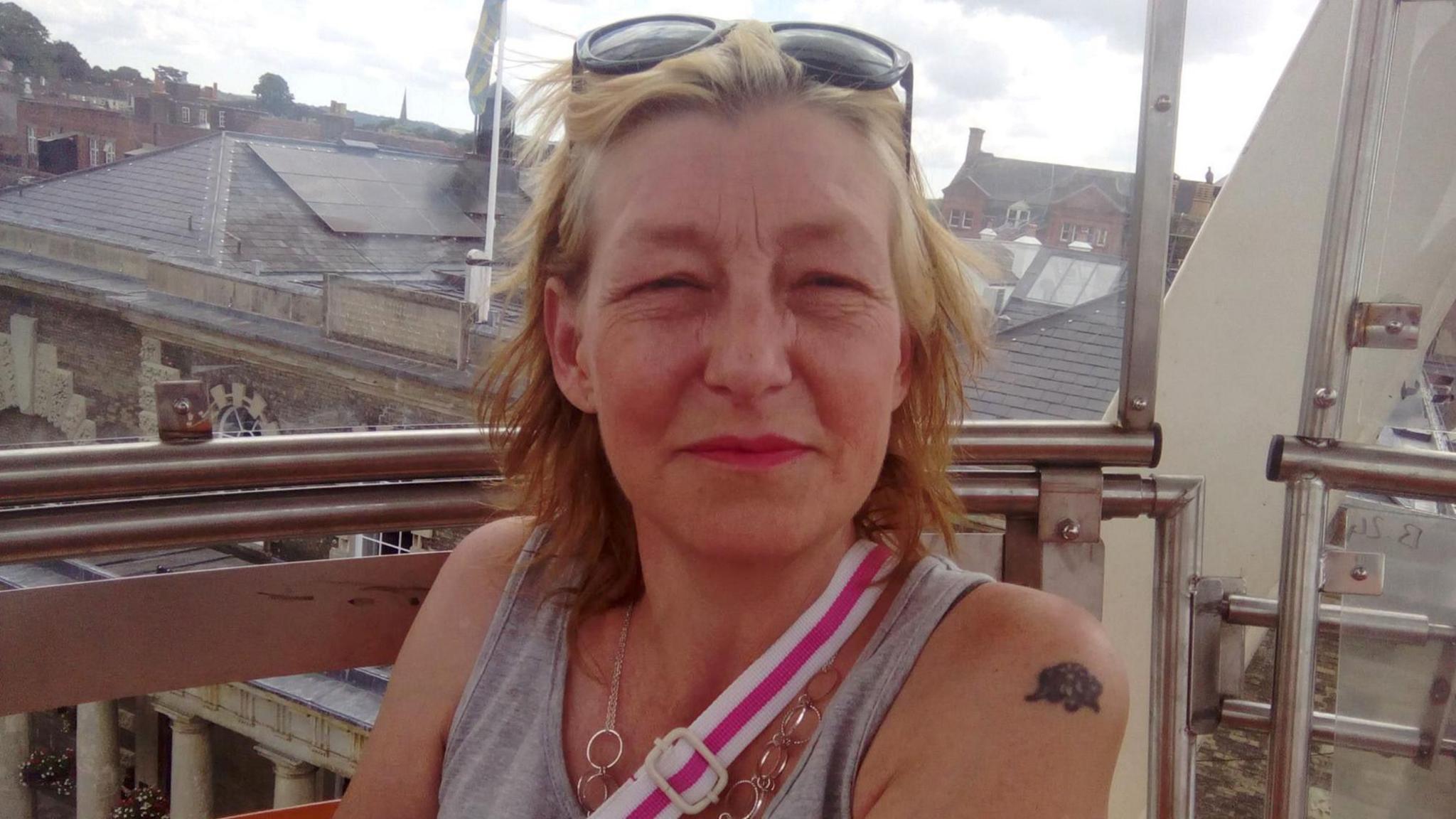
Dawn Sturgess, 44, died in June 2018 after coming into contact with the nerve agent Novichok
- Published
The partner of Novichok poisoning victim Dawn Sturgess found her laying fully clothed in the bath “convulsing and foaming at the mouth,” an inquiry has heard.
Charlie Rowley accidentally gifted Ms Sturgess the fatal nerve agent after finding it disguised in a luxury perfume bottle laying by a bin.
“Dawn began feeling unwell about 10 to 15 minutes after she sprayed the perfume on her wrist,” Mr Rowley told police.
Mr Rowley discovered the bottle in his home town of Amesbury, Wiltshire, in June 2018. Evidence was heard on day three of a public inquiry in Salisbury into the death of Ms Sturgess, 44.
Ms Sturgess died three months after the attempted murders of Russian defector Sergei Skripal and his daughter Yulia in Salisbury using Novichok.
Mr Rowley had been expected to give evidence to the inquiry this week, but was unable to because of his poor health.
Instead it is hearing statements he gave in the aftermath of the incident, read out by counsel to the inquiry, Andrew O’Connor KC.
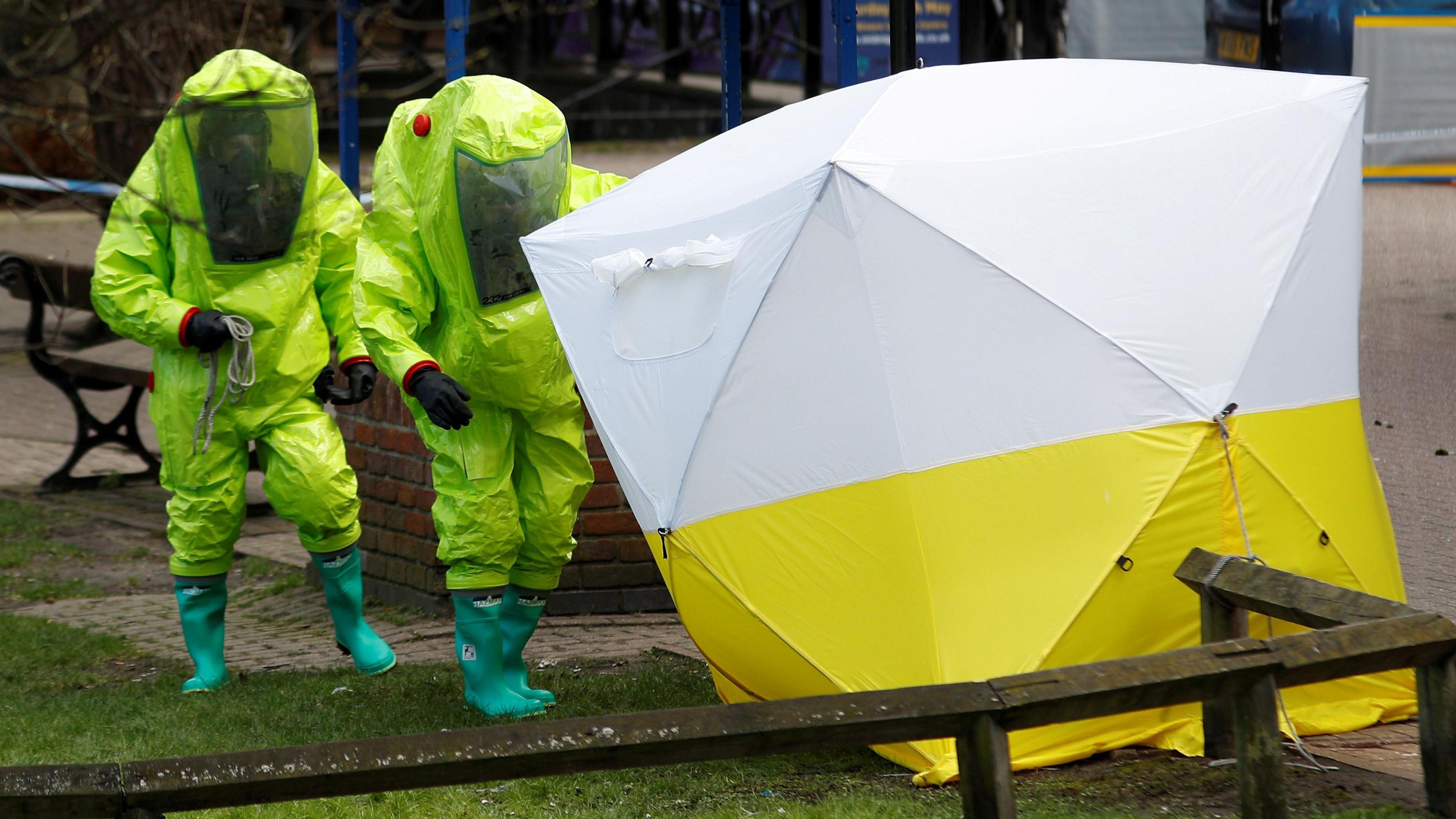
Charlie Rowley suffers from memory loss after being poisoned by Novichok
“She said that I might need to help her, but then she said that she felt ‘very, very strange’ and that she had to go and lie in the bath," Mr Rowley had said.
“After a minute I went into the bathroom to see what she was doing and I found her lying in the bath with her clothes on, just lying in the bath, convulsing and foaming at the mouth and I panicked, I didn’t know what to do.”
Mr Rowley described having a “memory blank” and being unable to remember his address as he rang 999, and desperately searching for an envelope which might have the information.
He said he attempted to administer CPR but added: “It felt like the whole time she was getting worse, and worse, and worse, to the point she stopped breathing.”
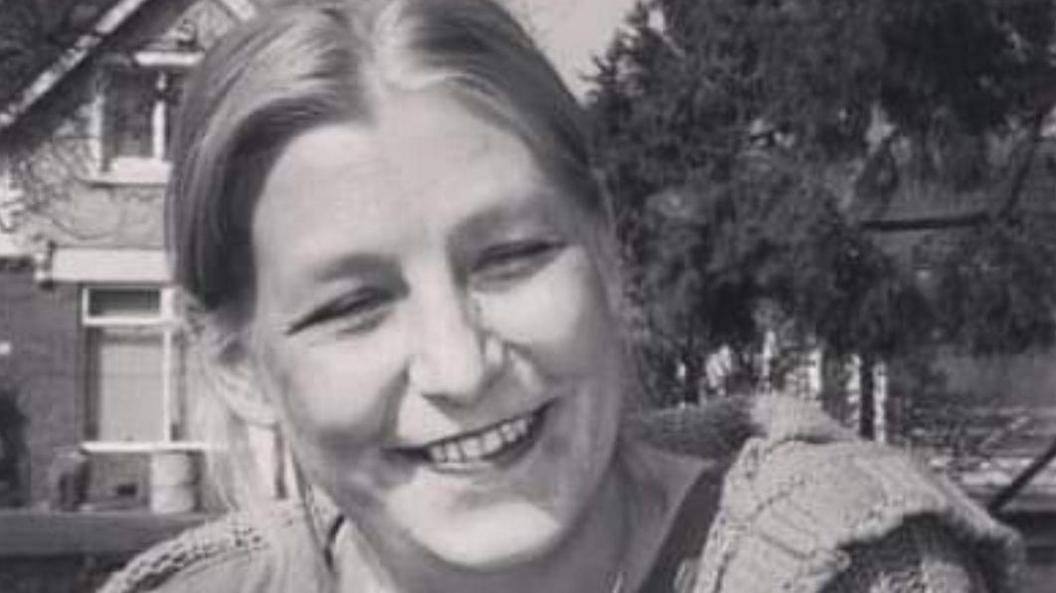
Dawn Sturgess fell ill 15 minutes after applying the fatal dose of Novichok
Mr Rowley did not fall ill until about 18:30 BST that evening.
After coming out of a coma he said he found “I could not even remember who Dawn was."
The inquiry heard he and Ms Sturgess had woken up at his flat in Amesbury on the morning of Saturday 30 June.
He decided to give his partner the perfume he found a few days earlier because she was “a bit moody with me”.
The couple struggled to get the perfume out of its packaging and Mr Rowley described cutting the plastic with a 12-inch knife.
In the process of connecting the pump to the bottle, he spilled some of its contents onto his hands before Ms Sturgess sprayed it on her wrists.
“Once the plastic was open, Dawn tried to assemble it and failed, so I tried and managed to pour it over my hands," Mr Rowley said.
“Dawn was trying to push the plug on top to fasten it, I used quite a bit of force, but it spilt. I think it spilt near the microwave or near the sofa. Once the top was fastened, Dawn sprayed it once on herself, she sprayed it on her wrist.
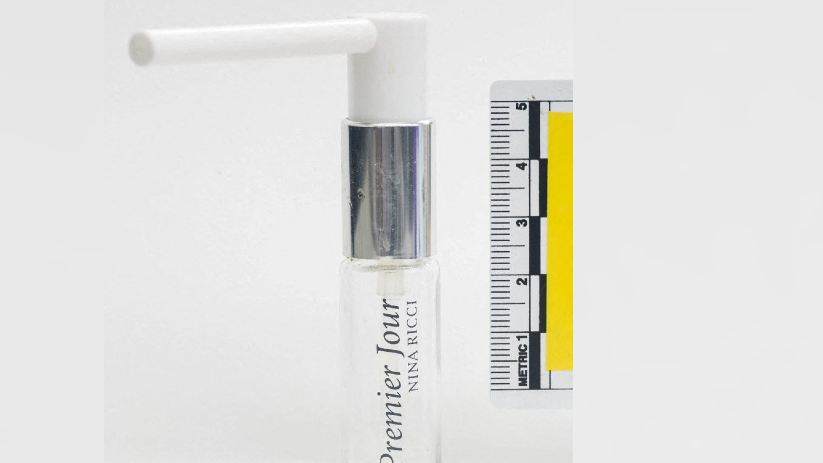
The discovery of the perfume bottle was described as a "milestone" in the investigation
Mr Rowley also said he "sniffed" the substance, which "didn’t smell like perfume".
"I sniffed my hands but didn’t get any on my nose, but it touched my skin," he said.
“It was just an oily substance. I can’t remember what it smelt like. It wasn’t a horrible odour, but not like something I had smelt before.
“I thought ‘that’s not right’. I was quite covered in it, so I had to wash my hands.”
The inquiry previously heard Mr Rowley and Ms Sturgess met in a supported living hostel in Salisbury, and he had moved to a flat in Amesbury two months before the poisoning.
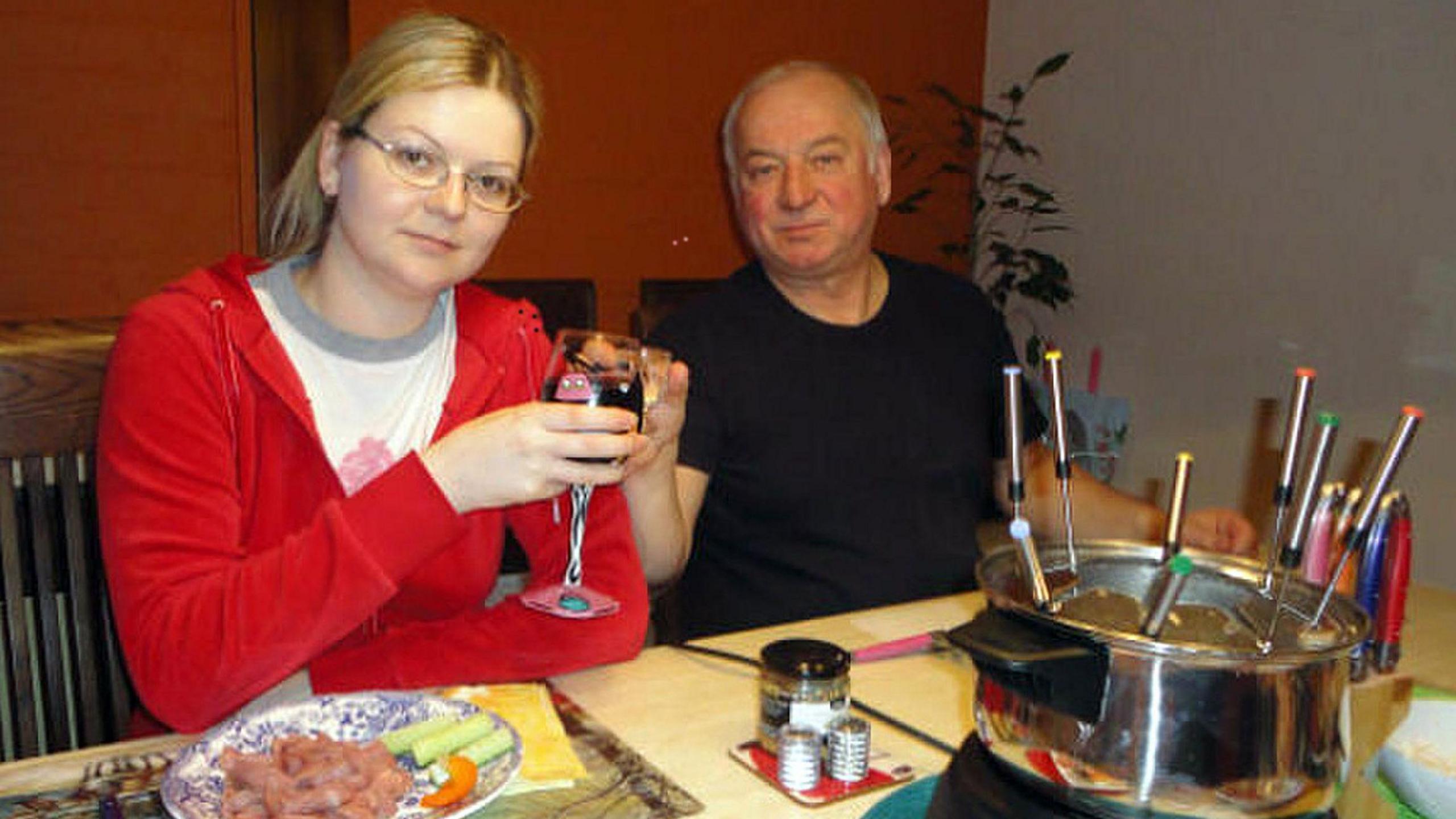
Sergei Skripal and his daughter Yulia were attacked three months earlier
The discovery of the bottle in Mr Rowley’s flat was described by counter-terrorism police as “a milestone” in the investigation into the attack on both the Skripals and Mr Rowley and Ms Sturgess.
Commander Dominic Murphy, head of the Metropolitan Police's Counter Terrorism Command, said "it helped provide absolute clarity" on how the nerve agent was being administered in the country.
The inquiry saw images of the unusual perfume container, which was made up of a glass bottle, a silver screw cap and a white nozzle, similar to what would be found in a throat spray.
It was not what would usually be found on a perfume bottle, Mr Murphy said.

BBC Sounds: Salisbury Poisonings
Keep up to date with the latest from the inquiry with our podcast.
Listen to the episode on BBC Sounds.

Follow BBC Wiltshire on Facebook, external, X, external and Instagram, external. Send your story ideas to us on email or via WhatsApp on 0800 313 4630.
See also
- Published11 October 2024
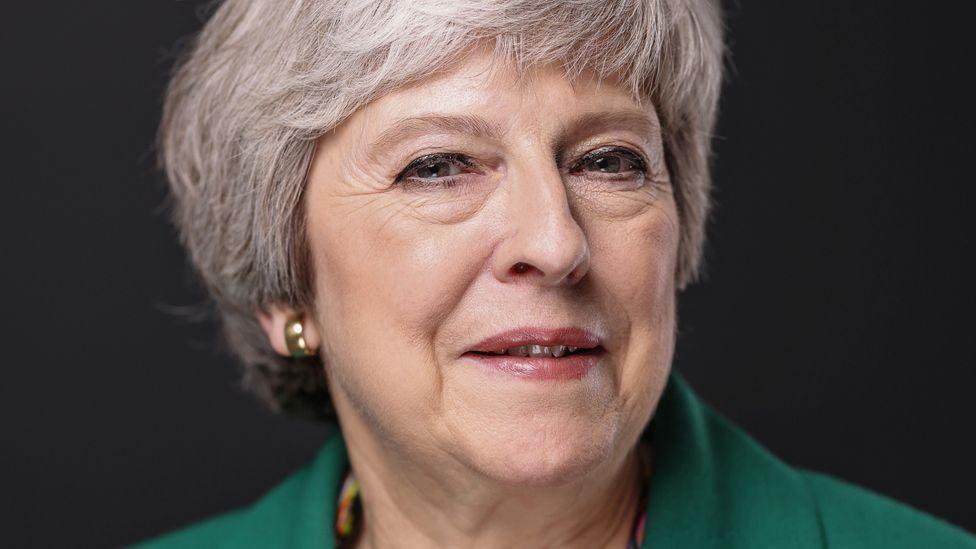
- Published30 July 2018
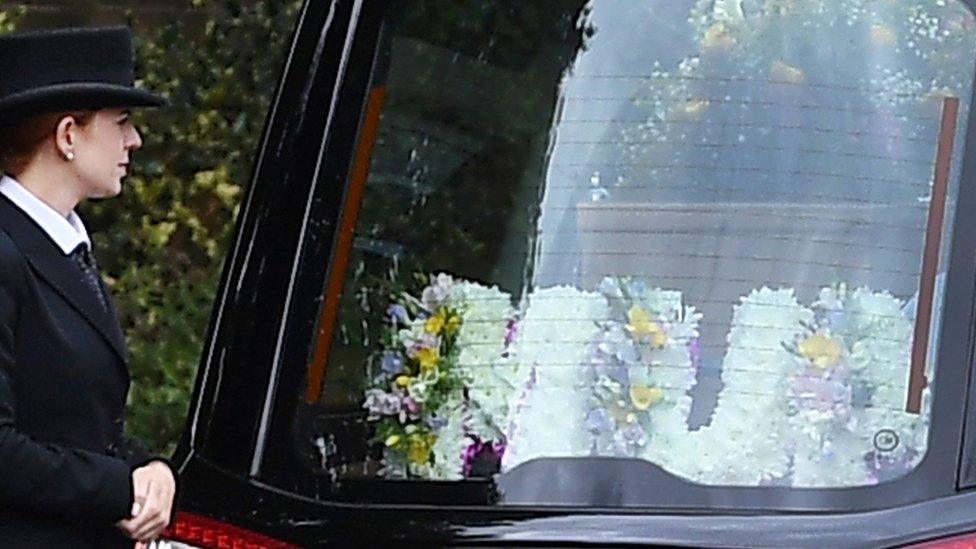
- Published4 March 2020
